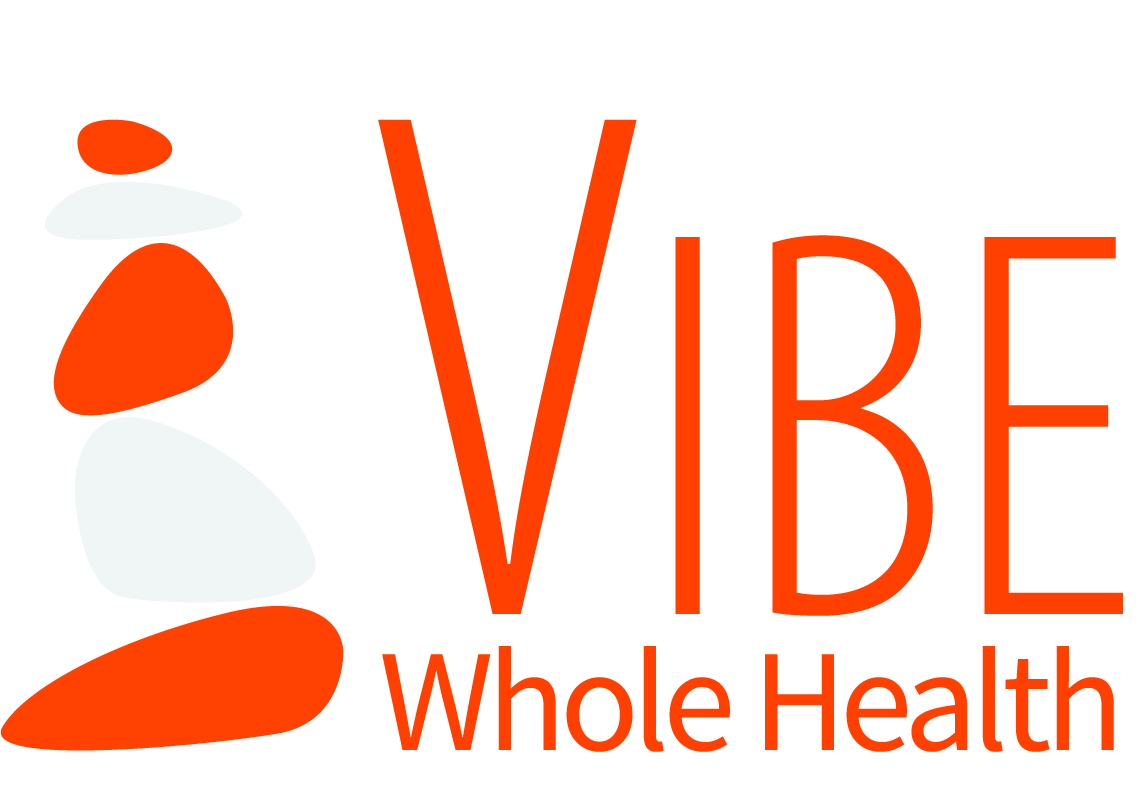
Seaside Meditation provides a list of foods that can boost your mood. Many studies have been completed that show that the foods we eat has a hefty impact in how we feel and act. So, if you are looking for a healthy pick me up try adding these foods to your daily diet.
Mood Boosting Foods
Citrus
The biggest reason citrus fruits can be such great mood boosters is because of the large amounts of vitamin C. A deficiency of this vitamin, which must be replenished within the body daily, has been associated with irritability, depressive moods and generally low levels of energy. The instant burst of vitamin C that fruits like oranges and grapefruits provide an excellent boost to energy levels and mood.
Banana
Bananas are high in vitamins B6, A, and C, which combined with high levels of fiber, tryptophan, potassium, and healthy carbohydrates make for a great mood enhancer.
Almonds
This mood boosting food is a great go-to for protein (including tyrosine for neurotransmitter production), magnesium, fiber and vitamin E. As an antioxidant, vitamin E can help combat free radical damage in the brain and has been shown to improve memory and cognition.
Brazil nuts, pine nuts and almonds are good sources of zinc and selenium, which may support brain function and lower your risk of depression.
Sunflower Seeds
Sunflower seeds are a good source of Vitamin E, Vitamin B6 and magnesium. (They’re a great option for those with nut allergies – you can easily swap ground sunflower seeds or sunflower seed butter whenever nuts are called for.)
Sweet Potatoes
Sweet potatoes contain an abundance of mood boosters like Vitamin B6 (as well as other B vitamins), Vitamin C and fiber.
Ginger
On top of being a mood booster, ginger has been shown to improve memory and clarity. Ginger boosts serotonin levels in your body, which in turn enhance your mood.
Coconut
Coconuts contain medium-chain triglycerides that our bodies process and use as brain fuel. Even the scent of coconut has been shown to reduce stress levels and lower anxiety. It is a minimally processed food that will provide an excellent boost to energy levels and moods.
Kale
Since kate is full of magnesium, it is one of the best natural anti-depressant foods out there. It is also rich in iron, chlorophyll, B vitamins, and vitamins A and C. Eating kale has been linked to improved mood health, depression relief, and lower amounts of anxiety.
Lemon
Just the smell of lemon can boost your mood and brighten your outlook.
Mango
Mango contains vitamin B6 which increases serotonin levels in your body which should provide a better general sense of well-being.
Raw Cacao
Cacao contains anandamide, which is a mood enhancing compound that can give you a sense of euphoria when eaten. (Tidbit: Anandamide- the name is taken from the Sanskrit word Ananda, which means “joy, bliss, delight”.)
Asparagus
Asparagus is full of folate, a B vitamin that can lift your spirits and help fight off irritability. It also contains high levels of tryptophan, and amino acid linked to improved moods.
Chamomile
Chamomile is known to a have a calming effect and be a natural anti-depressant. Try chamomile tea to see a boost in mood and relaxation.
Ghee
Ghee, or clarified butter, is full of nutritious fats and Vitamin D, plus it helps to heal the digestive tract, which can lead to better digestion and the beneficial gut bacteria that supports our mood.
Bell Peppers
Bell peppers are high in the antioxidant Vitamin C, which can help with neurotransmitter function and improve cognition.
Avocado
A nutritious fat with an ultra-creamy texture, avocados have Vitamin B6, fiber, Vitamin E and Vitamin C. They also contain Vitamin B5, which helps synthesize neurotransmitters and supports the adrenal glands.
Salmon
Salmon is an excellent source of omega-3 fatty acids, which are highly anti-inflammatory. Omega-3s, particularly EPA and DHA, are crucial for brain and nervous system development. They have been shown to ward off depression – studies indicate communities where people consume more fatty fish are less likely to experience anxiety and depression, plus they can even affect our personalities and impulse control.
Aside from the omega-3s, salmon is also high in protein, Vitamin B12 and Vitamin D. Vitamin B12 works in concert with folate to help convert amino acids into neurotransmitters (depressed people tend to have low levels of both,) while Vitamin D deficiency is linked to depression.
Sardines
A fatty fish that is filled with mood boosters: it contains high levels of Vitamin B12, as well as omega-3s, selenium, protein, Vitamin D and choline.
Chia Seeds
Chia seeds are a plant-based source of omega-3 fatty acids, and they contain a wealth of additional nutrients like protein, fiber, calcium and iron. This mood boosting food is also a good source of magnesium, nature’s relaxant mineral, and it can help reduce stress and anxiety.
Turkey
Turkey is rich in tryptophan, an amino acid that helps us produce the mood boosting neurotransmitter serotonin. Low levels of tryptophan can lead to lower serotonin production and an increase in anxiety or depressive symptoms, while diets high in tryptophan reduce depression and irritability. It also has tyrosine, another amino acid that is a precursor to brain neurotransmitters.
Lentils
Lentils provide a good supply of folate, a B vitamin that helps develop the nervous system. Folate deficiency is associated with depression and adding more of it to your diet can help boost your mood.
They are also high in fiber for blood sugar control, iron, protein and Vitamin B6; the latter helps our bodies make mood-boosting neurotransmitters like serotonin and dopamine. Low levels of Vitamin B 6 are associated with depression.
Fermented Foods– sauerkraut, yogurt, kombucha, kefir etc.
Much research points to the important link between the gut and the brain. Since up to 90% of your body’s serotonin is produced in your gut, a healthy gut may correspond to a good mood. Scientists are also investigating the connections between gut bacteria and mood/cognition. A few meta-analyses concluded that probiotics could help alleviate depression.
Fermented foods are a super source of probiotics and they’re also great for supporting immunity.
Berries
Berries pack a wide range of antioxidants and phenolic compounds, which play a key role in combating oxidative stress — an imbalance of harmful compounds in your body. A diet rich in antioxidants may help manage inflammation associated with depression and other mood disorders.
